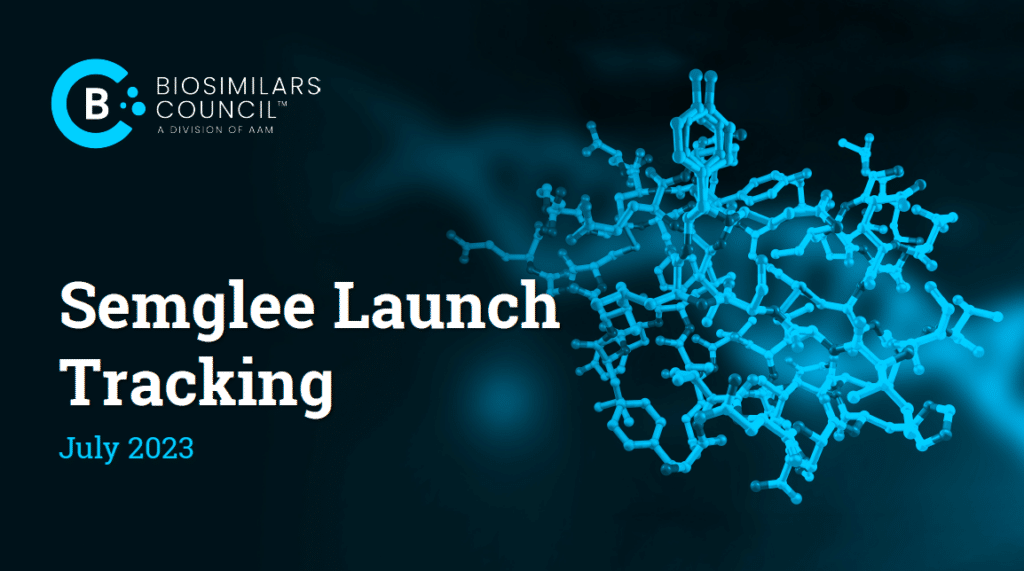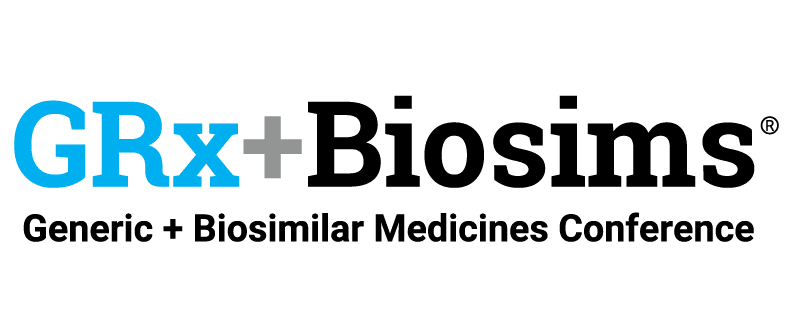The Biosimilars Council released a report that tracks the biosimilar insulin market and found that pharmacy benefit managers (PBMs) are stifling access to these treatments even as patient and physician demand has increased.
Semglee Launch Tracking
Key findings from the report:
- The brand insulin retains nearly 80% of total prescription volume in Q1 2023 and 54% of new prescriptions.
- Semglee and unbranded Insulin Glargine have seen growth in Medicare from 3% and 6% in March 2022 to 6% and 31% market share, respectively.
- Although 6 out of 10 new prescriptions were written for the biosimilar, payer controls have limited biosimilar adoption. In fact, less than 1 of every 5 new prescriptions for biosimilar insulin glargine was filled by the biosimilar.
- With parity access, the biosimilars would have achieved more than two-thirds of all new prescriptions in the commercial market and 60% market share of new prescriptions in the Medicare market.
For more information, download the report and read our blog by clicking below.
About the Biosimilars Council
The Biosimilars Council, a division of the Association for Accessible Medicines (AAM), works to ensure a positive environment for patient access to biosimilar medicines. The Biosimilars Council is a leading source for information about the safety and efficacy of more affordable alternatives to costly brand biologic medicines. Areas of focus include public and health expert education, strategic partnerships, government affairs, legal affairs and regulatory policy. More information is available on our about page.
About AAM
AAM is driven by the belief that access to safe, quality, effective medicine has a tremendous impact on a person’s life and the world around them. Generic and biosimilar medicines improve people’s lives, improving society and the economy in turn. AAM represents the manufacturers and distributors of finished generic pharmaceuticals and biosimilars, manufacturers and distributors of bulk pharmaceutical chemicals, and suppliers of other goods and services to the generic industry. Generic pharmaceuticals are 90 percent of prescriptions dispensed in the U.S. but only 20 percent of total drug spending.

